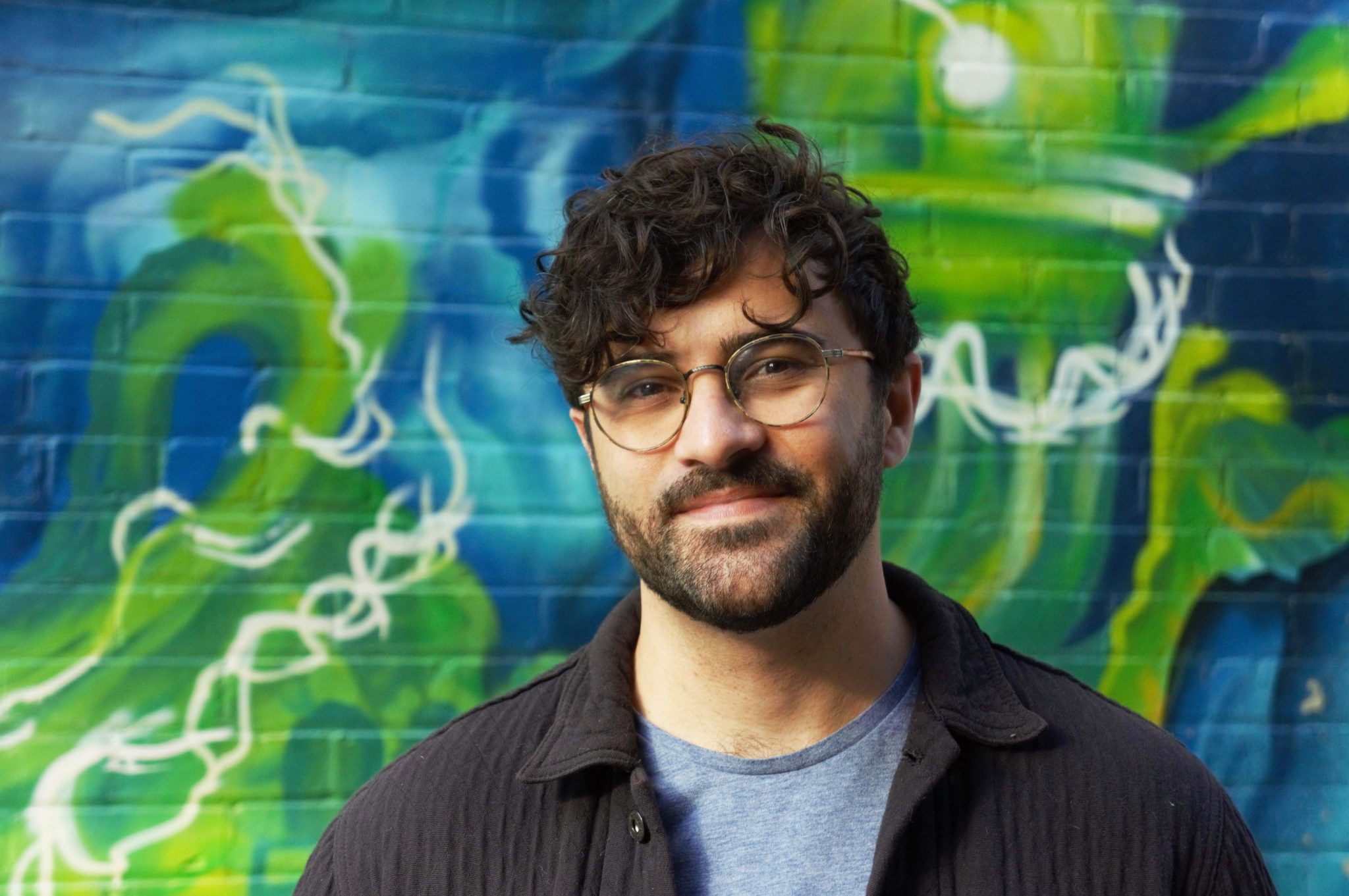The City of Kitchener is planning to draft up a new culture plan going forward. Through participation in the Bloomberg Harvard Cross-Boundary Collaboration Program, it brought together local arts and culture leaders from across the region to give their input.
They included various arts and culture organizations and events organizers, seven representatives from cultural institutions, ten representatives from different municipalities, five independent arts practitioners, one funder and three representatives from post-secondary institutions.
Pam Patel, artistic director at MT Space, and Sam Nabi, a local musician, were both present at the meeting. Patel is usually apprehensive about such initiatives as they often centre white voices and maintain the status quo.
“And that doesn’t just mean white folks being in these committees, but just people who are upholding a very institutional colonial way of doing things,” she said. “The problems that we’re dealing with cannot be separated from all of the other movements that have resurfaced over the past two years, like Black Lives Matter or Land Back, or anything that has to do with trying to move towards an anti-oppressive framework.”
Meanwhile, Nabi was cautiously optimistic. As part of the local music scene, he knows all about the struggle of turning music into more than a hobby.
“We know that artists need affordable places to live. We know that venue space is an issue,” Nabi said. “Do we want big festivals that attract international talent and bring tourists [or] do we want to develop local talent?”
There’s a general lack of awareness of our own homegrown talent, Nabi points out. There are the Reklaws, JJ Wilde and 347aidan, this year’s Juno-nominated TikTok breakout star from Cambridge. Then there are those who don’t even have much of a platform yet. The ones performing in DIY spaces like the punk music venue, the Study Room. Nabi said it becomes a question of how the city plans to address both ends of that spectrum.
“These kinds of ad hoc groups that are just making art, or people making independent zines or hosting concerts in their basements or—you know—graffiti artists. We have graffiti artists. Walls around downtown. No one’s gonna give you a grant for being a graffiti artist,” Nabi said.
Despite what they felt were very productive discussions, they also know that consultations with community stakeholders are routine. The city still needs to actually follow through, they both said.
“Speaking on behalf of the arts community, a lot of people have chips on their shoulders and there’s a lot of repairing of relationships that’s going to happen,” Patel said.
She recalled her own experience in 2018, when MT Space was performing AMAL at the Centre in the Square. Along with the venue asking them twice to accept less money on the production, she said her artists were treated terribly. This is not unique to Centre in the Square. She lists other spaces like the Conrad Centre, 44 Gaukel and the defunct CEI (Creative Enterprises Initiative).
“It’s working for some people, but it’s working for a very small sliver of people,” Patel said.
She was surprised when the city asked her to be a team lead in the initiative. And while the “old boys club” of institutional gatekeepers were at the event as well, she also saw a new generation of cultural leaders that were much more open to having the tough conversation.
“I’m also starting to feel heard. In a way where it’s not just—you know—here’s this token voice that we can put in our paperwork,” Patel said.
“I never think that these kinds of exercises are a waste of time, but I do always want to look at what is tangibly coming out of this process,” Nabi said.
A broader consultation process is expected to happen later this year. As part of the Bloomberg Harvard program, city staff and team leaders were in New York during the last week of April, collaborating with other international cities.




Leave a Reply